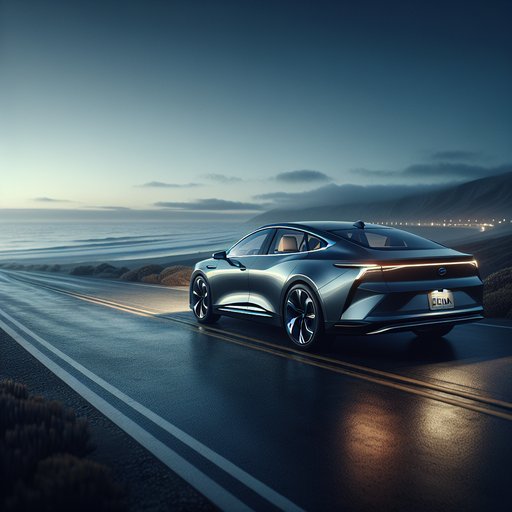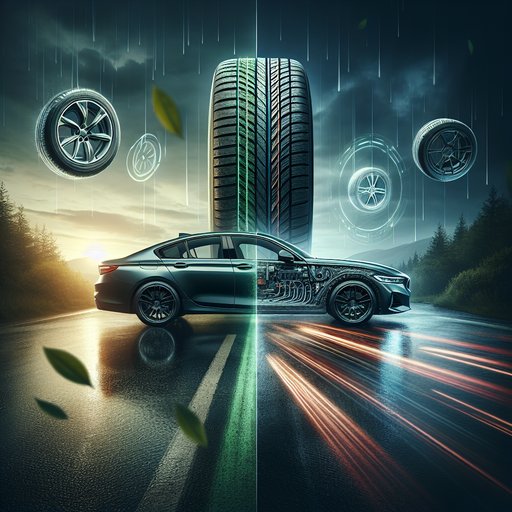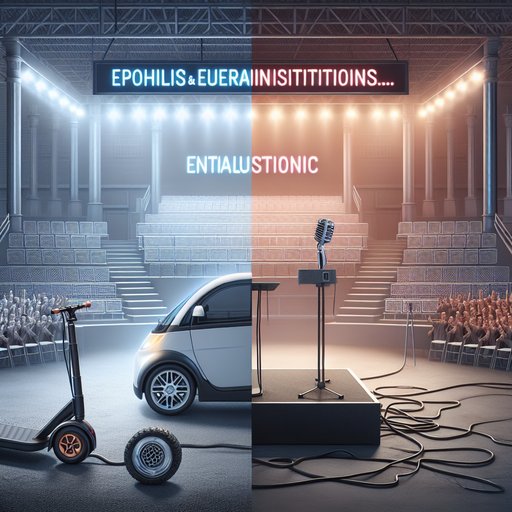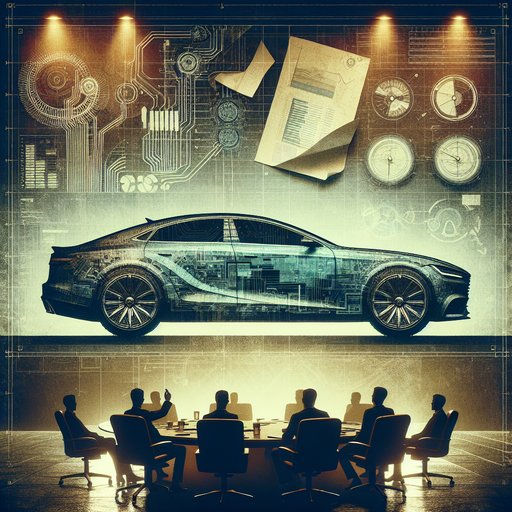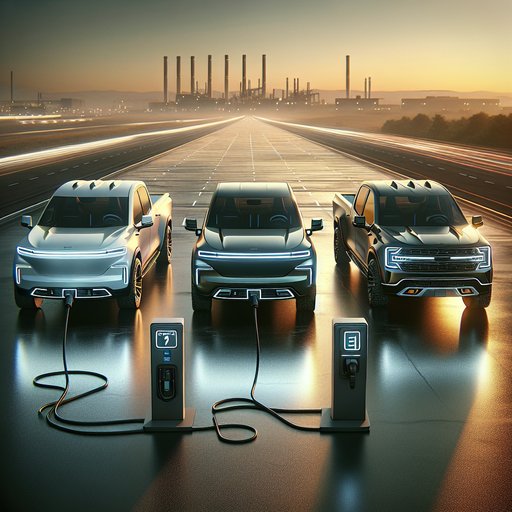
In a landmark achievement for electric vehicle technology, Mercedes-Benz has demonstrated the remarkable potential of solid-state batteries with a prototype EQS completing a 749-mile journey on a single charge [1]. The vehicle successfully traveled from Stuttgart to Malmö without requiring a recharge, showcasing a major leap forward in EV range capability that could revolutionize electric mobility.
The breakthrough comes as major automakers intensify their focus on solid-state battery technology, with Volkswagen Group also making significant strides in this field. VW has begun testing solid-state cells in a radical Ducati motorbike platform, with plans to adapt the technology for their automotive applications [2]. The company has set an ambitious target to have road-ready solid-state batteries by 2030.
This development represents a significant advancement over current lithium-ion technology, potentially addressing one of the main barriers to EV adoption: range anxiety. The Mercedes achievement is particularly noteworthy as it more than doubles the range of many current premium electric vehicles, including the standard EQS model.
The automotive industry's investment in solid-state technology appears to be paying off, with several manufacturers racing to commercialize this next-generation battery technology. Mercedes-Benz's successful long-distance test demonstrates that solid-state batteries can deliver on their promise of extended range and improved performance.
The implications of this breakthrough extend beyond just range improvements. Solid-state batteries are expected to offer faster charging times, improved safety, and longer overall battery life compared to conventional lithium-ion cells. These advantages could accelerate the global transition to electric vehicles and help achieve ambitious climate goals.

